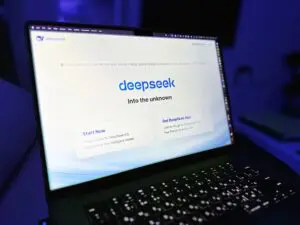The September Patch Tuesday security bundle from Microsoft fixes 60 vulnerabilities including some rated as Critical and a zero-day vulnerability under active attack affecting Microsoft Office.
Microsoft Security updates for September
Microsoft MSHTML Remote Code Execution Vulnerability (CVE-2021-40444) was publicised in early September when Microsoft warned Office 365 customers about the vulnerability. The flaw was in Internet Explorer’s HTLM renderer – and even though IE is no longer supported on Windows systems as a stand-alone app, parts of its code are still used by other Microsoft products – including MS Office which uses the MSHTLM rendered from IE to display HTML content within Office documents. A fix for this flaw is included in the September patch bundle.
Also included are two Critical patches:
Open Management Infrastructure (CVE-2021-38647) receives a fix for a Remote Code Execution vulnerability that could be exploited just by sending a specially crafted message to an affected system. OMI is Microsoft’s implementation of the Web-Based Enterprise Management spec from DMTF, and is used to manage Azure environments running Linux VM. Security Managers should check to see if this component is installed in their Azure Linux VM, even if it is not actively being used. (It is included in the Azure Linux image by default according to the researchers who discovered the flaw)
Windows WLAN AutoConfig Service (CVE-2021-36965) is updated to fix a Remote Code Execution vulnerability which would enable an attacker already present on the same network to run their code as SYSTEM on the target.
Apple Security updates
Apple has released an urgent security update to fix a “zero-click” iOS vulnerability (CVE-2021-30860) reported by Citizen Lab that allows commands to be run when specially crafted PDF files are opened on certain Apple devices. The bug was exploited by spyware used for surveillance of smartphone users by the NSO Group.
Google Chrome updates
A new version of Google Chrome has been released which resolves eleven security vulnerabilities, including two which have been seen under attack in the wild: CVE-2021-30632 fixes an Out-of-Bounds (OOB) Write, while CVE-2021-30633 fixes a Use After Free error. As is becoming common, Google is not releasing further details of these vulnerabilities until time has elapsed allowing users to install the patches.



















“We were very impressed with the service, I will say, the vulnerability found was one our previous organisation had not picked up, which does make you wonder if anything else was missed.”
Aim Ltd Chief Technology Officer (CTO)